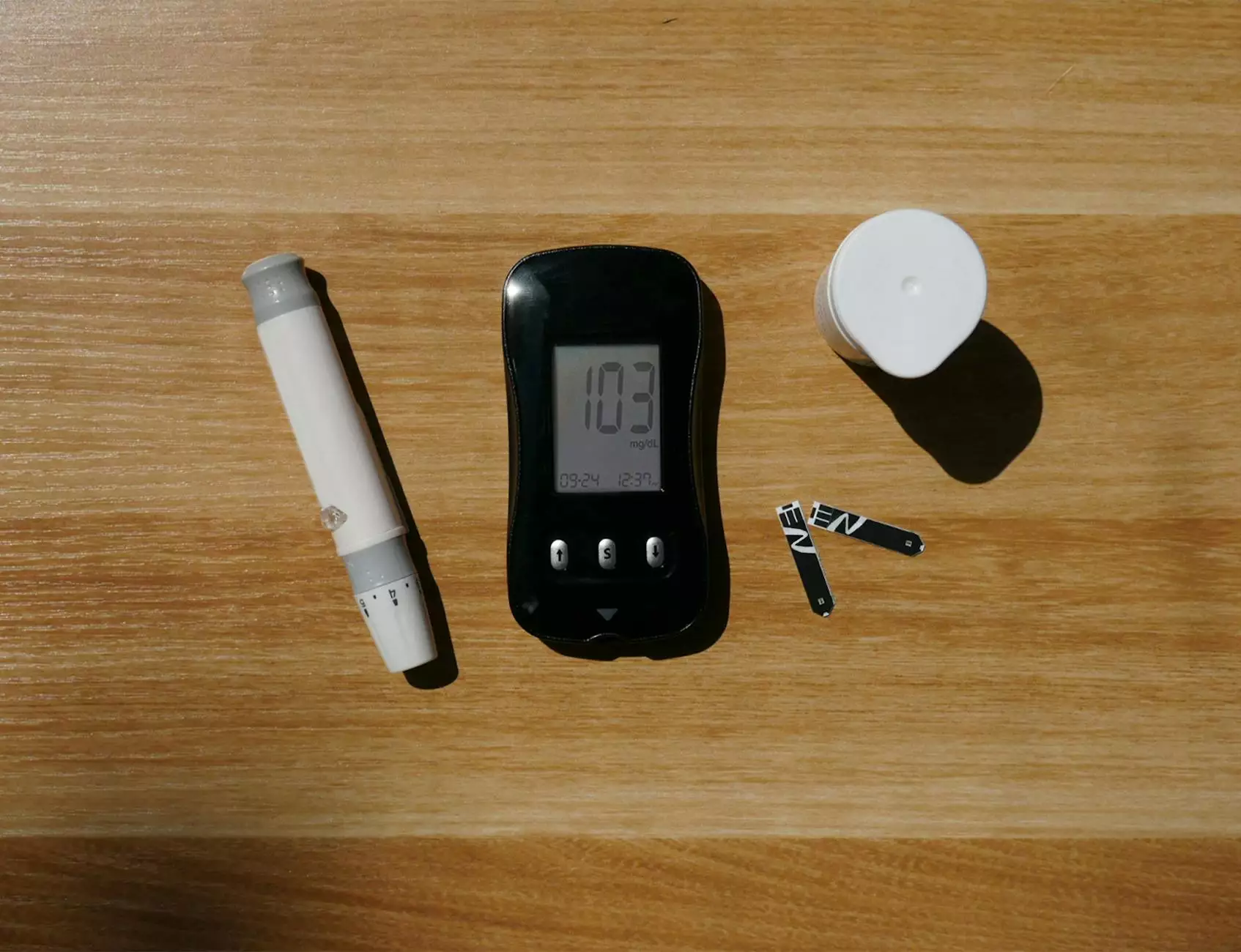The Comprehensive Guide: What is the Difference Between Ozempic and Semaglutide?

In the fast-paced world of health and wellness, understanding medications and their effects on our body is crucial. One topic that has surfaced significantly in recent discussions is the comparison between Ozempic and Semaglutide. As these two terms often appear interchangeably, this article will clarify what is the difference between Ozempic and Semaglutide and help you navigate their roles in health and weight management.
1. Understanding Semaglutide
Semaglutide is a glucagon-like peptide-1 (GLP-1) receptor agonist. It is a medication used to manage type 2 diabetes and promote weight loss. It works by increasing insulin secretion when blood sugar levels are high and suppressing glucagon secretion, which helps lower blood glucose levels. Semaglutide not only controls glucose levels but also encourages satiety, leading to decreased food intake. Its development has been a significant milestone in the treatment of diabetes and obesity.
2. What is Ozempic?
Ozempic is the brand name for Semaglutide specifically formulated for treating type 2 diabetes. While both terms are closely related, Ozempic refers to the medication as it is marketed and sold for managing diabetes. It was approved by the FDA in December 2017 and has since gained popularity for its effectiveness and ease of use.
3. How Do They Work?
Both Ozempic and Semaglutide function through the same mechanism - they mimic the action of GLP-1, a hormone that plays multiple roles in managing glucose levels. Here's how they align and differ:
- Increased Insulin Secretion: Both medications stimulate the pancreas to release more insulin in response to glucose.
- Decreased Glucose Production: They limit the liver's ability to produce glucose, helping lower blood sugar effectively.
- Slowed Gastric Emptying: Both delay gastric emptying, which contributes to satiety and reduces appetite.
4. Potential Benefits
Utilizing either Ozempic or Semaglutide can offer numerous benefits:
- Weight Loss: Clinical studies have shown significant weight loss in patients taking Ozempic, making it appealing for those struggling with obesity.
- Cardiovascular Health: Both medications have been shown to improve heart health by reducing risks associated with cardiovascular diseases.
- Consistency: Both provide consistent blood glucose control, allowing for more predictable management of diabetes.
5. Side Effects to Consider
Like any medication, it's vital to be aware of potential side effects. Both Ozempic and Semaglutide share similar side effects, including:
- Nausea: Many patients report nausea, especially during the initial phase of treatment.
- Diarrhea: Gastrointestinal disturbances can occur, necessitating monitoring.
- Risk of Pancreatitis: Though rare, there is a potential risk of pancreatitis with long-term use.
- Injection Site Reactions: Redness or irritation can happen at the injection site, common in injectable medications.
6. Administration and Dosage
Both medications typically come as a once-weekly injection. Ozempic is specifically indicated for diabetes management, while Semaglutide, with different branding, may be offered in a weight loss capacity through a different product called Wegovy. It's essential to consult a healthcare provider regarding the appropriate dosage and administration technique.
7. Clinical Studies and Research
Research surrounding both Ozempic and Semaglutide has demonstrated significant efficacy in managing diabetes and facilitating weight loss. For instance, a pivotal clinical trial enrolled participants with obesity or overweight conditions. Those treated with Semaglutide lost an average of 15% of their body weight over 68 weeks, showcasing the drug's potential beyond just glucose management. Studies further support improvements in cardiovascular health metrics for diabetes patients under treatment.
8. Choosing the Right Medication
When deciding whether to use Ozempic or Semaglutide, it's important to evaluate individual health conditions, lifestyle factors, and medical history. Here are key points to keep in mind:
- Consult a Healthcare Professional: Always involve a healthcare provider in the decision-making process.
- Consider Your Health Goals: Identify if your primary goal is diabetes management or weight loss, as both medications serve purposes.
- Monitor Side Effects: Understand and report any side effects experienced to your healthcare provider for the best management plan.
9. Community and Support Systems
While medications like Ozempic and Semaglutide can be pivotal in health management, community support plays a vital role. Engaging in group meetings, expert-led workshops, and online forums can provide motivation and share strategies for coping with the challenges of diabetes and weight management.
10. Conclusion
In conclusion, understanding what is the difference between Ozempic and Semaglutide is crucial for effective diabetes and obesity management. Both medications share the active ingredient, Semaglutide, but Ozempic is marketed specifically for diabetes control. As healthcare continues to develop, these medications represent a beacon of hope for many seeking a healthier future.
Arming yourself with knowledge about these treatments, their benefits, potential side effects, and the importance of a collaborative approach with healthcare providers can empower you to make informed decisions regarding your health.
11. Additional Resources
If you're looking for more information or support, consider the following resources:
- American Diabetes Association
- Obesity Action Coalition
- Centers for Disease Control and Prevention (CDC)
Your journey towards better health is within reach, and the right information can set the stage for success.









